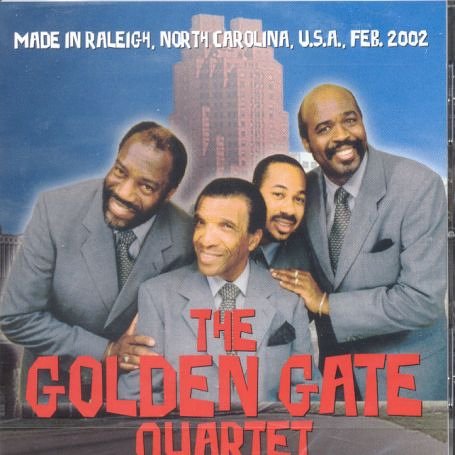
description
1Sharon Sochil Washington's The Blue Is Where God Lives is a mesmerizing, powerful work of Afro-magic realism that reclaims the promise of a family's destiny through the bending of time. Blue's daughter, Tsitra, is dying a violent and horrific death while, thousands of miles away, Blue feels time slowing and hears voices, followed by a stillness that befalls her for 18 months. More than a century before, Blue's grandparents Amanda and Palmer attend a salon party in New Orleans. It's a veritable who's who within pre-Civil War social circles. Conversations get heated quickly as Ismay, the hostess who hails from French royalty--and who is the daughter of one of the most ruthless and wealthy slaveholders--antagonizes Palmer, a landowner and slaveholder himself whose parents had been sold into American slavery and who's there to seek revenge, and Amanda, a shape-shifter and puzzle maker who had been enslaved until this very gathering. At this party, Amanda learns of a cosmic plot that will doom a line of her and Palmer's family to poverty, so she devises her own counterplot to undo the damage. Back in the present, Blue comes out of her stillness, broke and devoid of inspiration. In profound grief and consumed by guilt, Blue travels to The Ranch where the voices grow louder and she has visions of two women from the distant past. There, Blue feels the spark of a power and creative energy she has only glimpsed . . . but can it change her future? A time-bending novel of invention grounded in the real, The Blue Is Where God Lives obliterates the space between past and present and asks whether belief, magic, and intention can forge new realities. With lush, captivating prose, intricate plotting, and unforgettable characters, The Blue Is Where God Lives is a transcendent, electrifying debut of undeniable beauty and possibility that heralds the arrival of a major new voice in fiction.
member goods
No member items were found under this heading.
Return Policy
All sales are final
Shipping
No special shipping considerations available.
Shipping fees determined at checkout.







